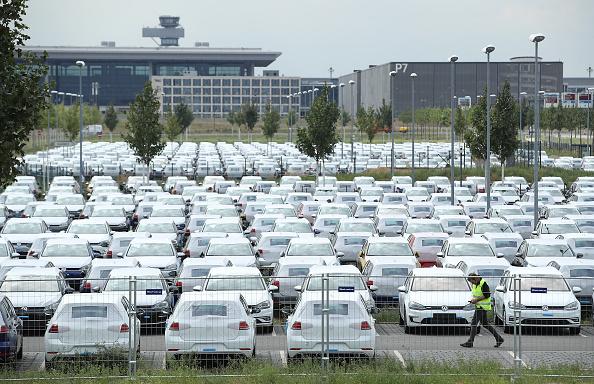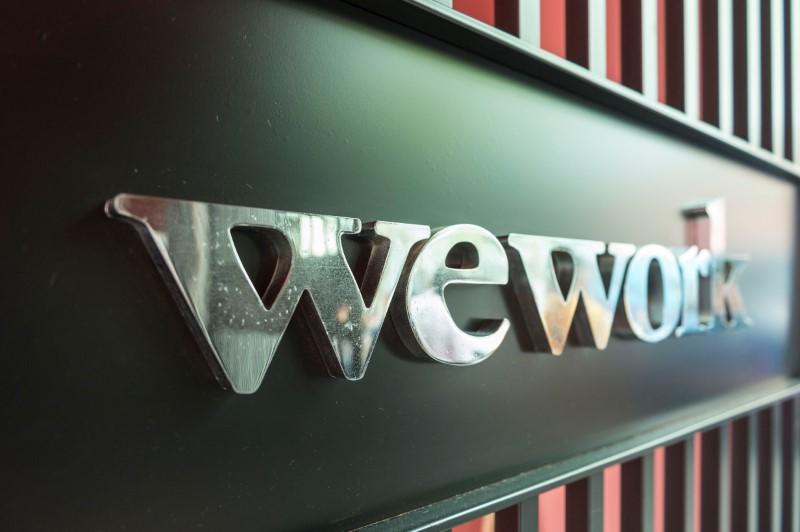Volkswagen AG’s bill for cheating on diesel emissions could potentially top 30 billion euros ($35 billion) as a legal battle with thousands of investors heats up in the German carmaker’s own backyard.
A court in the town of Braunschweig, just over 20 miles from VW’s Wolfsburg headquarters, has scheduled a series of hearings starting on Sept. 10 in a case combining claims by some 4,000 shareholders demanding 9 billion euros in compensation.




